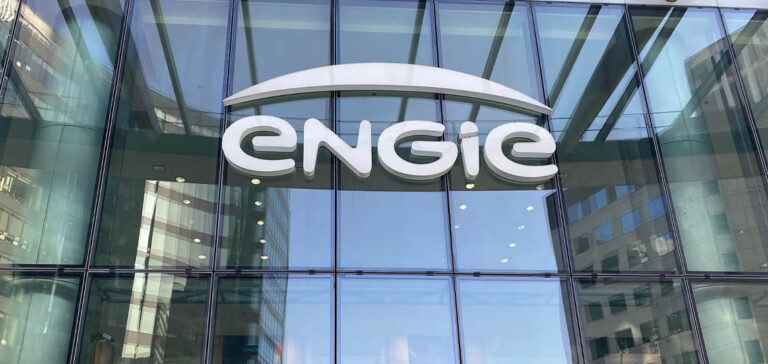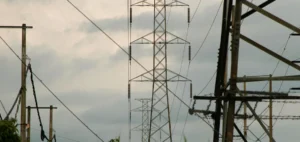Engie, the French energy company, recently announced exceptional operating results for the first nine months of the year. The Group’s total sales for the period came to 61.8 billion euros, despite a 10.9% drop due to lower energy prices after a year of record prices in 2022.
A booming renewables division
What particularly caught the eye, however, was the solid performance ofEngie‘s renewable energies business. The Group’s renewables division recorded a significant increase in operating income (EBIT) of 45.3%, reaching 1.51 billion euros. This impressive performance is the result of higher captured prices, volume growth in Europe, and the contribution of new capacity commissioned in the United States, Europe and Latin America. Currently, Engie has a record 7.6 gigawatts of renewable assets under construction, with 68 projects underway, of which 4.6 gigawatts were launched in the first nine months of 2023.
Pursuing our environmental ambitions
As a leader in wind and solar power in France, Engie is pursuing its ambition to build an average of 4 gigawatts of additional capacity per year up to 2025.
The GEMS division at the service of companies
Engie’s GEMS (Global Energy Management & Sales) division continues to play a crucial role in the group’s success. Engie supplies energy and helps these companies manage their supply risks. Over the first nine months of the year, this division recorded an increase of more than 67% in operating income, reaching 3.34 billion euros.
A slowdown in the 3rd quarter
Nevertheless, it should be noted that this increase mainly took place in the first half and not in the 3rd quarter, which saw a slowdown due to the gradual normalization of the energy market, leading to a reduction in margins.
To sum up, Engie has delivered a solid performance in a constantly changing energy market. Its renewable activities are enjoying remarkable growth, while its GEMS division continues to support companies in their energy management. Despite the challenges of Q3, Engie remains optimistic about its future prospects, and its target of adding 4 gigawatts of capacity on average per year until 2025 demonstrates its commitment to renewable energies.






















